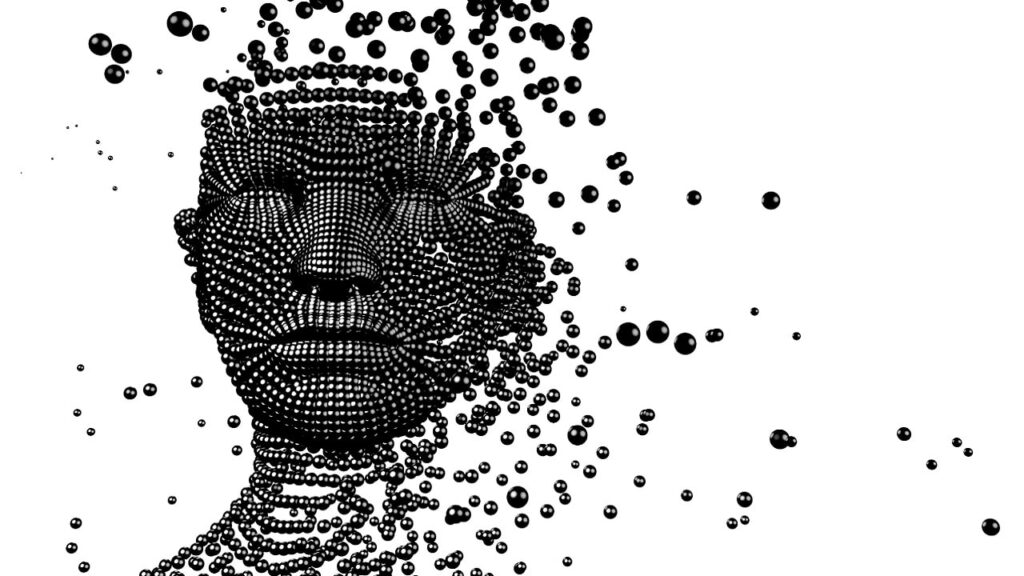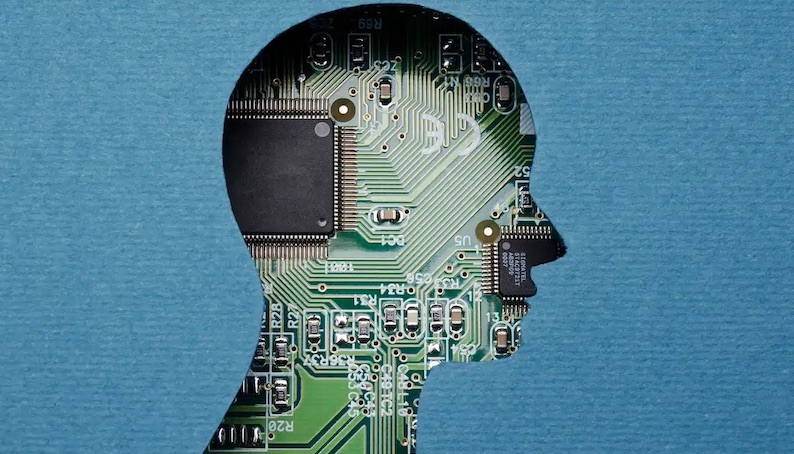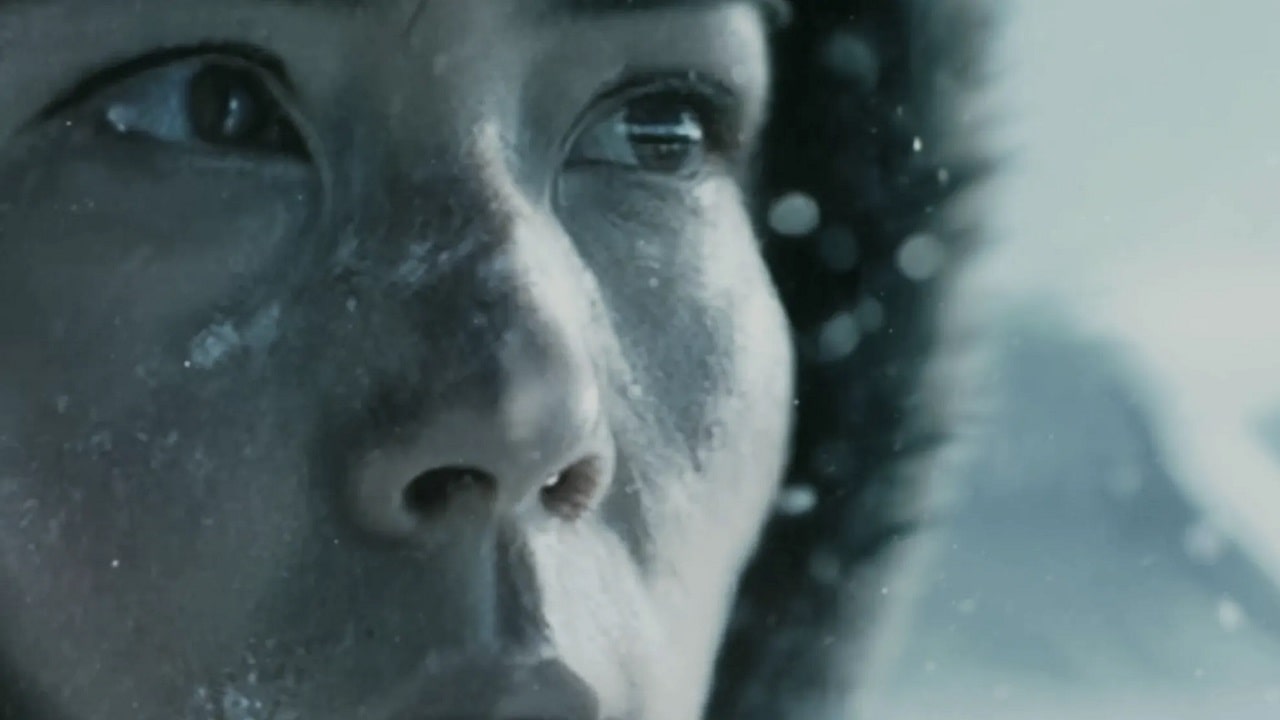A wasteland, wrapped in ice. A group of tents in the blizzard. Researchers talking to each other. But there is something strange: the way their mouths move, their dull eyes. Because the ones they play are not real actors The Frost, the first short film shot by DALL-E 2, but gods characters created by AI. Who also takes care of the direction of this really strange short. Because in some ways the work of AI is impressive. But in a couple of places, makes you laugh (involuntarily).
The Frost, the first short film “directed” by AI
A twelve-minute short film directed by artificial intelligence (AI). The Waymark company has exclusively published a really strange video on the MIT Technology Review website. “We kind of reached a point where we just stopped fighting the desire for photographic accuracy and started take advantage of the weirdness that is DALL-Eexplains Stephen Parker of Waymark.
Waymark took a script written by Josh Rubin, a producer at Latent Cinema, the company that produced the film. And he gave the script to DALL-E 2, the OpenAI artificial intelligence that allows you to create images automatically. Every single frame of the short film is created by DALL-E 2then the company used an AI tool called D-ID to animate the created images, making the characters blink and move their lips.
An impressive – and very strange – result

If you found a quarter of an hour to watch the short film created by the AI on the MIT Technology Review site, perhaps you too have found the film to be really strange. But also impressive in some ways. first of all, has a unique style from start to finish. The colors remain dark, the climate tense.
Use ChatGPT with NordVPN – 56% off annual plan + 3 months free
But there are some cuts between scenes that are too fast and little justified. And the scene where one of the researchers falls on deaf ears does smile as the effect is botched (although there was no need for stunt-man or green-screen).
The result is a product that has more quality of a video game cut-scene a few years ago, rather than a short film. But it has the advantage of being really simple to recreate.
An advertisement for an advertisement
Waymark developed The Frost to investigate how generative AI could be integrated into its products. The company offers solutions for video creation for companies that want to make commercials quickly and cheaply. In short: this more artistic product is used to advertise your advertising service.

Waymark’s current technology, launched earlier this year, combines several AI techniques. There are large language models, image analysis and speech synthesis, to produce a real-time video ad. To use the Waymark tool, which it offers as part of a tiered subscription service starting at $25 per month, users simply need to provide a business name and location. The tool starts at scan that company’s websites and social media profiles looking for text and images. Then use that data to generate an advertisement, using OpenAI’s GPT-3 for writing a script which is spoken by a synthetic voice over selected images highlighting the activity.
Each shot requires less than 15 minutes of rehearsal
With Waymark’s method you can generate one-minute advertisements in seconds – and it looks like it the company has already had 100 thousand customers. The next step is to generate video commercials in minutes and this AI-generated short film is the first step. It’s not quite as fast, but it’s close.
“With 15 minutes of trial and error, you get the shot you wanted that fits perfectly into a sequence,” Rubin explains. Which underlines how the AI rremember that you edited the film together and that you need special shots, like a close-up of a boot on a mountainside. With DALL-E, he could just call it back.

In addition to Waymark, other companies use similar tools. Private Island, a London-based company, has created commercials for brands such as Nike and Uber, but also video game cut-scenes such as Call of Duty. He has long used AI for post-production, but more and more it becomes a complete tool. Speeding up processing times for the company.
For the moment, good directors, actors and screenwriters (who are on strike in the US) are safe: the AI short does not pass the quality standards to win any awards. But we don’t know how long this sentence will remain true.















Leave a Reply
View Comments